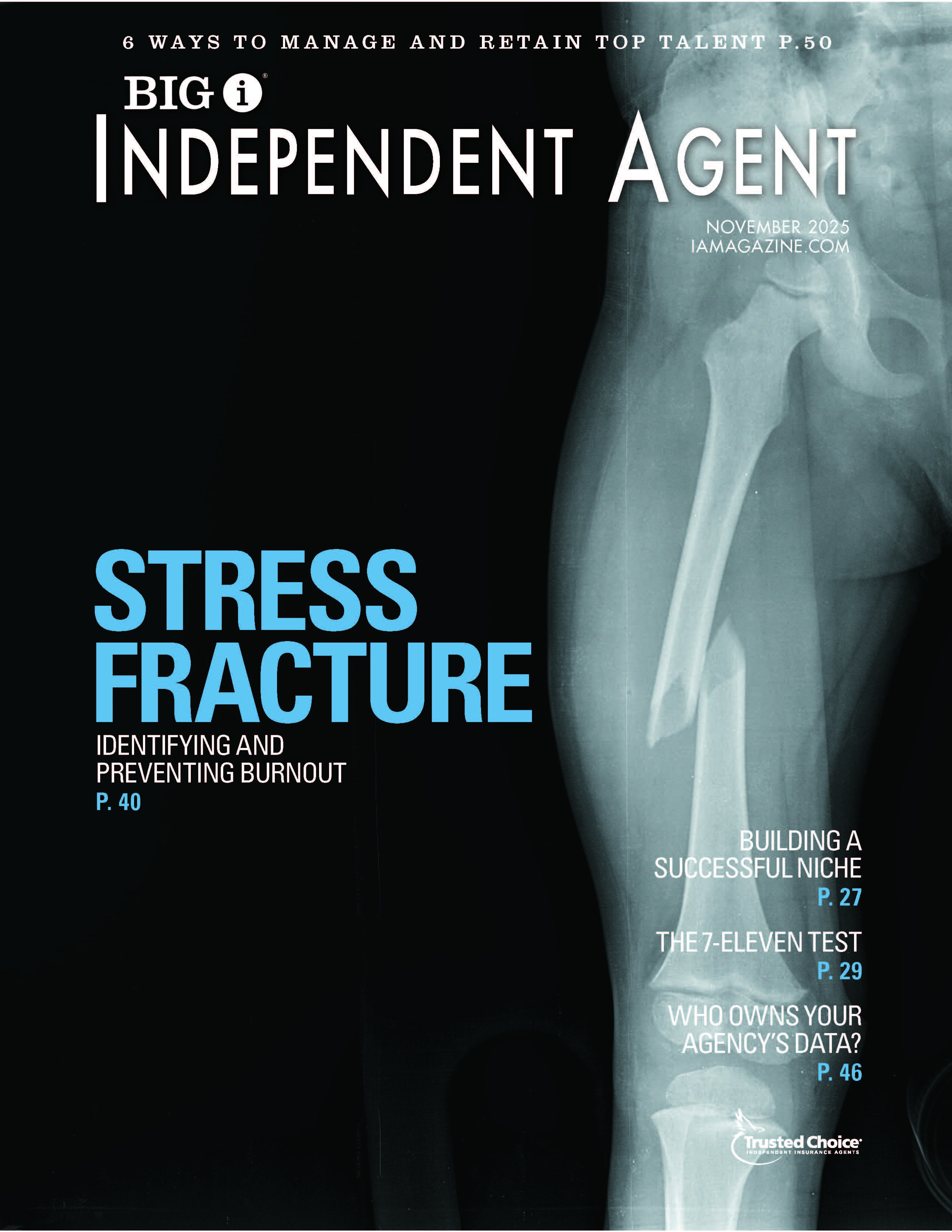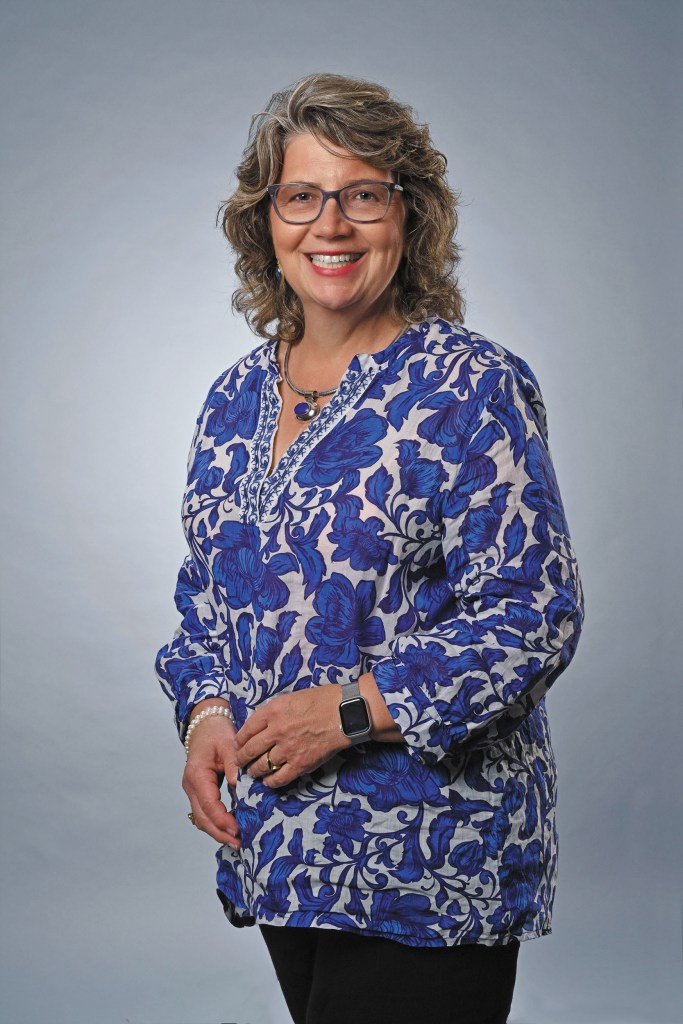Home Grown

By: Katie Butler
This month, almost 1,000 independent agents will make a trip to Capitol Hill to visit with their members of Congress during the annual Big “I” Legislative Conference. And when agents from Georgia visit Rep. Jack Kingston’s office, they will have an empathetic ear. As a former independent agent and the only CPCU in Congress, Kingston understands both insurance and small business issues.
In 2014, both Kingston and former South Dakota Governor Mike Rounds are looking to bring their independent agent resume to the U.S. Senate. IA talked to both of them about their path to elected office.
IA: Why did you decide to make the transition from being an insurance agent to public service?
Rep. Jack Kingston (R-Ga.): So much of being an agent is doing service. You’re not selling a tangible commodity. You’re selling security, which before a fire or an accident is only a concept. The same thing is true with legislation—before a law is implemented, it’s only a concept.
What I liked about being an insurance agent is that if I wanted to make more money, it was up to me. That’s why I think being an independent agent is so much a part of the American dream— you can eventually open your own agency and experience what happens in America if you work hard, dream and hustle. And I worry that opportunity is going to be snatched away from us. That’s why I’m running for the Senate.
How does your experience as an insurance agent affect your decisions as a public servant?
Having worked with a multitude of small and mid-range businesses, I learned they do best without the government micromanaging their operations. So often government comes in with new laws and regulations on something that they’re already doing. For example, private companies do not want their employees to get hurt on the job. Their motivation is doing what’s right, but secondarily, they know an injured employee means less production, so they are highly motivated to keep workers safe. If you go down the line on every product we sell in the insurance business, it’s a private-sector solution to a desirable social outcome.
As a former agent and the only CPCU in Congress, are you concerned that the health care law drives a wedge in agents’ ability to provide advice and counsel to their clients?
Yes. It takes away flexibility to have creative solutions, because not all insurance plans are created equally. It’s one size fits all, but businesses need tailor-made products, and Obamacare takes away that option. Part of underwriting is making sure the people with the likelihood of having the highest claims have a different premium than the people with the probability of having the lowest claims. [With the ACA], you have disproportionate premium that’s going to be put on 25-year-old healthy people.
As these debates come up, as a CPCU, I can apply that real-world experience. For example, after 9/11, very few members of Congress understood war risk exclusions or reinsurance.
If elected, what will be your top priorities for the state of Georgia and the nation?
We need to get America working again, and the best way is to create jobs through regulatory reform—pushing back on governmental over-reaches. If we get some of these arbitrary and uncertain regulations out of the way, the private sector will grow. We have to cut spending. We don’t need to govern by fiscal cliff. The approach to the federal budget needs to be the same as a family or an independent insurance agency: You look at your revenues and handle your expenses accordingly. We can’t keep spending more than we’re bringing in.
Why is it important for independent agents—as citizens and small business owners—to get involved in the political process?
Just because you don’t like politics doesn’t mean you get a pass. With McCarran-Ferguson being diluted every year, the state insurance commissioners have less power, and the federal government is going to have more power. As an industry, we have a dog in the fight. What Congress does is relevant to every agent—not just sometimes, but on a regular basis.
As members of Congress, we have to go from defense to health care to trade to highway construction—the list goes on. So unless you have a background in insurance, it’s just one more in a long line of issues. Unless you have a rapport with an independent agent, you’re not going to be informed. Most members of Congress don’t know the difference between life insurance, health insurance and property-casualty. They don’t know the difference between an independent agent and a direct writer.
Members of Congress need to have a face. Bob back home—that’s the insurance guy. I see him a couple of times a year, he’s given me good information—I think I’m going to listen to him. You want to develop the relationship before the crisis.
IA: Why did you decide to make the transition from being an insurance agent to public service?
Gov. Mike Rounds: My first real job coming out of college was in the insurance business, but I had an interest in politics and public service back when I was in college.
What I found in the insurance business was that you end up learning about lots of different types of industries. That helped a lot when I decided to run for the state senate in 1990 because I had a basic sense of what different businesses did and what was important to them. I lived in Pierre and the capital was in Pierre, so it meant that I could still continue with my day job working as an insurance agent and agency owner.
When I was term-limited out of the legislature, I had spent six years as the majority leader and I thoroughly enjoyed it, but I did not intend to run for public office again. I was really getting back into the agency. When my partner and I started out in 1982 we had five employees, but by 2002 we had three locations and were growing. I was going to stay in the business and that was my plan.
I was supporting John Thune to be the next governor of South Dakota. After the terrorist attacks of 9/11, President Bush talked to John and asked him to run for the U.S. Senate instead, which opened up the Republican nomination for governor in South Dakota. I was able to win that election and completed two terms as governor.
How does your experience as an insurance agent affect your decisions as a public servant?
First of all, as an independent insurance agent, you’re a businessperson. The reality is that nobody gets paid unless a sale is made. Sometimes that gets forgotten by bureaucrats. The other thing the insurance industry has taught me is you have to look at the fine print. You can’t just simply look at what someone tells you is in a piece of legislation. You have to read the legislation. And I think that will go a long way when working as a member of Congress.
What do you feel are the most important issues facing small businesses like independent insurance agencies, and how do you think Congress should address them?
America is not broken, but Washington D.C. definitely is. Congress is not doing the job they are supposed to do and nobody is holding them accountable. Having a budget which is growing faster than the revenues is something that must be addressed—and we’re running out of time.
This economy could grow more rapidly if we would unharness businesses from the regulatory chains being placed on them. We’ll never catch up until we learn to quit making promises unless we have a way to pay for those promises. We also have to quit the thought process that government can do a good job of regulating every industry at every level. It’s all interconnected, but nothing begins to work until we fix this regulatory nightmare.
If elected, what will be your top priorities for the state of South Dakota and the nation?
Refocus at the national level congressional activity to national issues. For those of us who aspire to be members of Congress, our role should be looking at national issues—not trying to dictate every facet of life at the local level. If you want to do what’s reserved for the states, then run for the state legislature, not Congress.
Why is it important for independent agents—as citizens and small business owners—to get involved in the political process?
We need folks that understand what it takes to have a successful business, because there aren’t a lot of people who run for Congress right now who have had successful business careers. If Congress had health insurance agents, do you think for a second they would have supported the Affordable Care Act in its current form? I think whether they were Republican or Democrat, they would have stood up and said “time out—some basic insurance premises are being violated.” You can’t put together a premium platform that does not adequately reflect the risk involved.
When you are in the insurance business, you get to meet people from all walks of life. You don’t necessarily agree with them on everything, and you don’t always make a deal with them the first time you meet with them. But if you burn bridges, the chances of getting back in the door again to be successful later on is less likely. Folks that go to Congress have to learn that as well.
Katie Butler is IA editor in chief.
SIDEBAR: Strength in Numbers
Rep. Jack Kingston and Gov. Mike Rounds aren’t the only candidates running for Congress this fall who have “independent insurance agent” on their resume. Here are other races to watch:
- State House member Mike Bost is running for Congress in the 12th district of Illinois. Bost is a licensed independent insurance agent with Polar Investment & Insurance Services in Carbondale, Ill. Polling shows this will be one of the most competitive races in the country.
- Current Speaker of the Arizona House of Representatives Andy Tobin is running for Congress in the 1st district of Arizona. Tobin has been a licensed insurance agent for more than 20 years. He is running strong in this swing seat, and polling indicates that he has a great shot at winning come November.
- State Senator Jim Tracy is running for Congress in the 4th district of Tennessee. He is the founder and principal of Jim Tracy Insurance Agency in Shelbyville, Tenn. Tracy has outraised his primary opponent by ten to one, and polling consistently places him well ahead in this race. The primary will take place on Aug. 7. —K.B.










